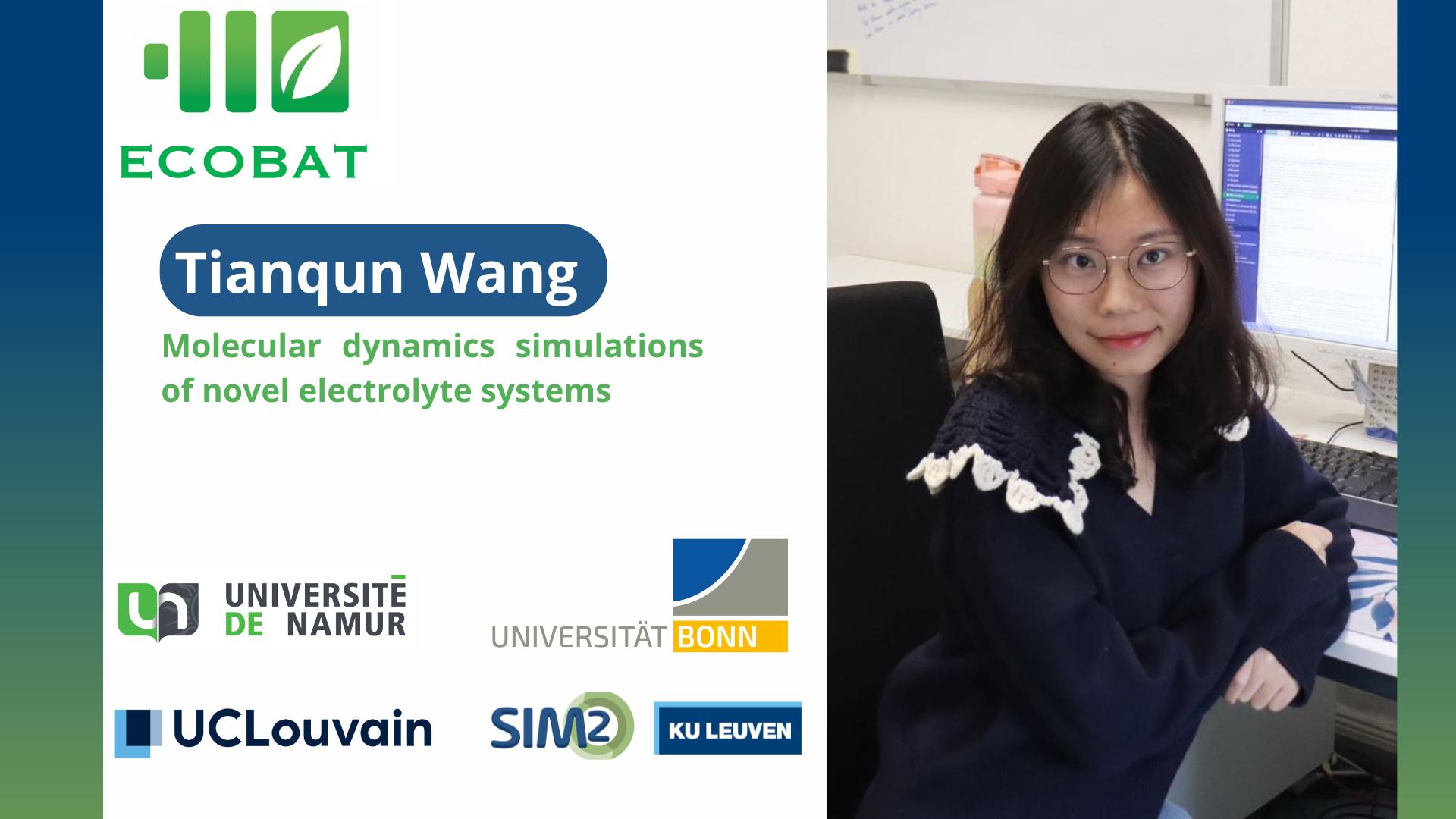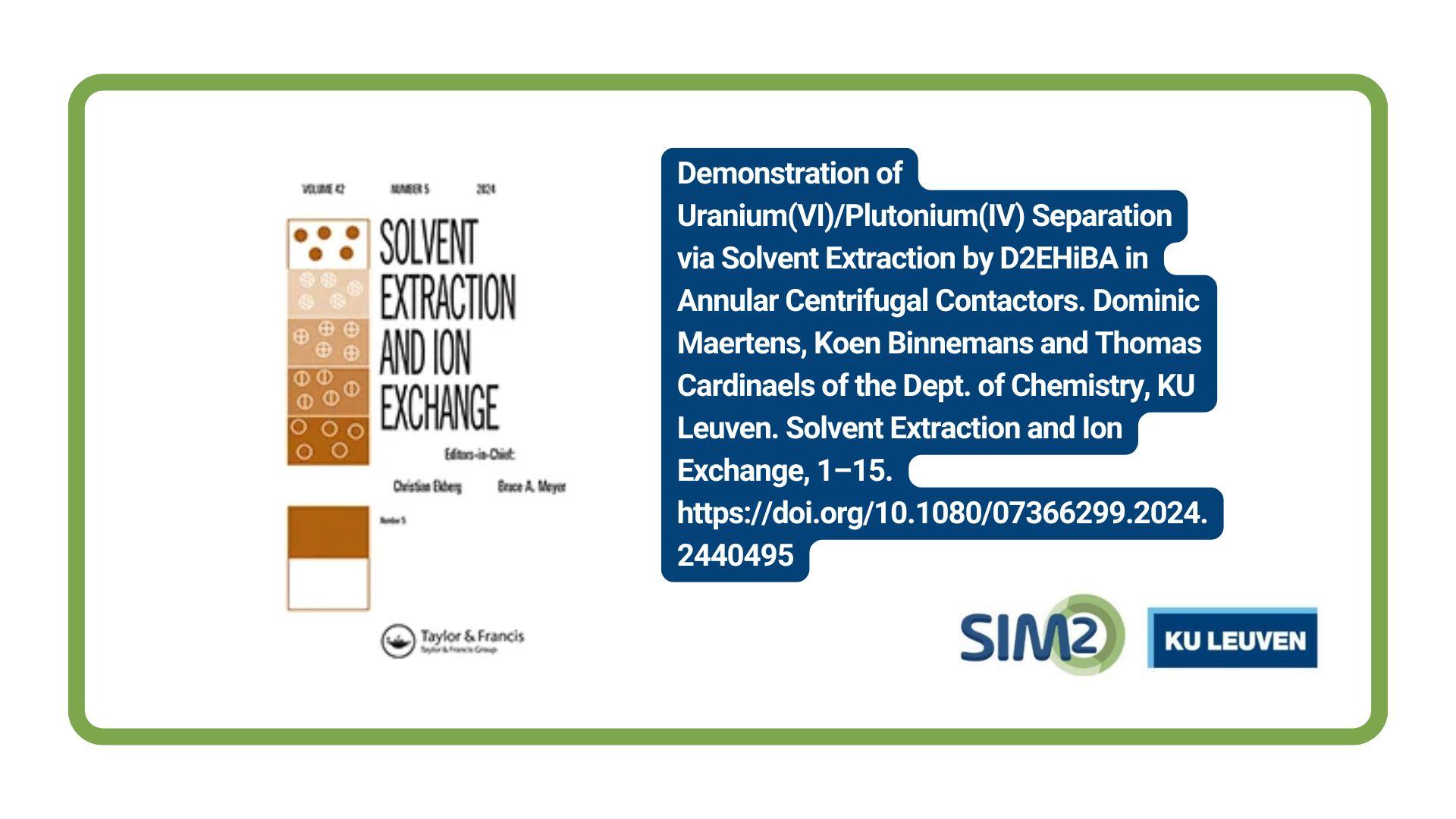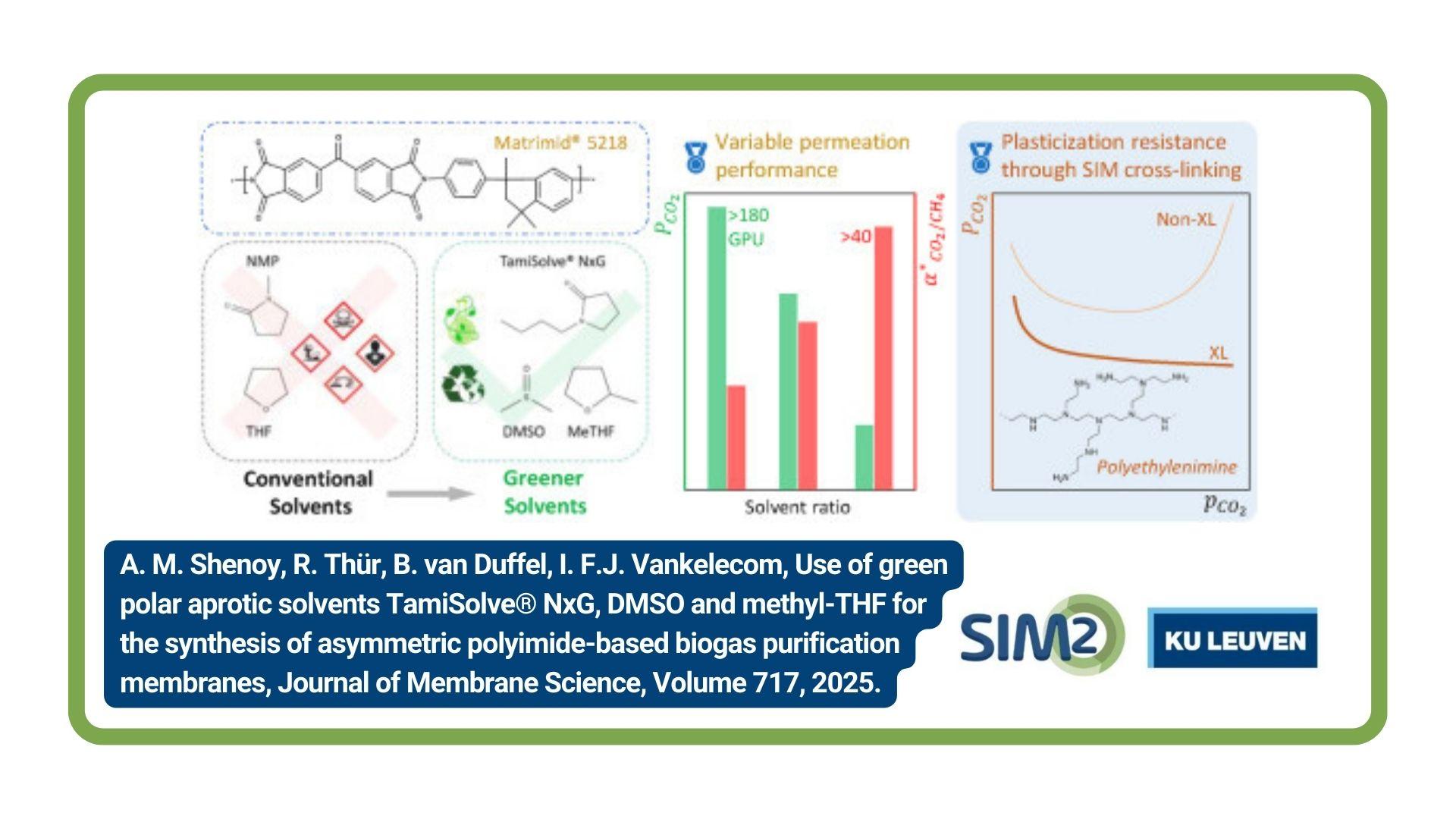The KU Leuven’s Lifecycle Engineering (LCE) research group (SIM² KU Leuven) has explored a new methodology for mass estimation and classification of scrap metals using Deep Learning. The presented research is an essential step towards improved metal sorting and recycling. The presented research demonstrates the feasibility of monitoring the composition of waste streams and to provide a better understanding of physical properties of objects to optimise robotic and pneumatic sorting systems. The work was published in Resources, Conservation and Recycling.
Recycling of aluminium alloys
As a consequence of the electrification and the increased adoption of lightweight structures in the automotive industry, global demand for Wrought (W) Aluminium (Al) is expected to rise. In contrast, demand for Cast (C) Al will stagnate.
With the growing demand for Al, there is an increasing need to develop and improve Al alloys' recycling processes that preserve metal alloys at their highest economic value. In this regard, X-Ray Fluorescence (XRF) or Laser-Induced Breakdown Spectrometry (LIBS), and/or machine vision technologies, using X-Ray Transmission, and/or Color and Depth cameras are considered to encompass substantial potential to sort Al based on the alloying elements, e.g., C from W alloys, and to obtain higher purity output fractions.
Combining these technologies with a pneumatic valve block and/or a robotic gripping system opens the possibility of developing robust and cost-effective systems for sorting Al scrap. However, in order to obtain successful planning and execution of these sorting tasks, such as robotic picking or pneumatic object ejection, an optimally functioning sorting system requires a multimodal understanding of the objects to be sorted. This includes their semantic, geometric, and physical properties, preferably before any decision or contact with the object is made. The object's mass is one of the most critical physical properties that influence both optimal grasping strategies and optimal control of a pneumatic ejection system.
New method developed by LCE
Therefore, this paper presents a novel approach to simultaneously estimate the mass of (metal scrap) objects and the material class to which they belong, using a combination of a Convelutional Neural Network (CNN) and a BackproPagation Neural Network (BPNN). The presented research evaluated two feature selection methods and seven machine learning models for the purpose of mass estimation. Additionally, The performance of the combined DenseNet BPNN network is presented for the mass estimation and object class classification for the combined datasets of Cast & Wrought (C&W) and Cast, Wrought, and Stainless Steel (CW&SS).
The proposed method obtained satisfying performances (0.82 R2, 0.2 RMSE, and 0.28 MAE) for the regression with a classification performance of 95% for the C&W test dataset using the DenseNet BPNN PCA model..
Complete reference of the paper
Dillam Díaz-Romero, Simon Van den Eynde, Wouter Sterkens, Bart Engelen, Isiah Zaplana, Wim Dewulf, Toon Goedemé, Jef Peeters, Simultaneous Mass Estimation and Class Classification of Scrap Metals using Deep Learning, Resources, Conservation and Recycling, Volume 181,2022, 106272, ISSN 0921-3449. https://doi.org/10.1016/j.resconrec.2022.106272
LCE research group and EAVISE Research Group
The current research activities of the Life Cycle Engineering Research Group include themes such as life cycle engineering (LCE), product development methodologies, systematic innovation and knowledge management. Recent research was carried out in the area of efficient disassembly techniques to optimise the end-of-life treatment of products; the identification and analysis of energy and resource based environmental and economic improvement potential of manufacturing processes, systematic (biologically-inspired) design as well as in the domain of personalised products through user profiling. LCE is a partner in the KU Leuven Institute for Sustainable Metals and Minerals (SIM² KU Leuven). LCE website: About – Life Cycle Engineering (kuleuven.be)






